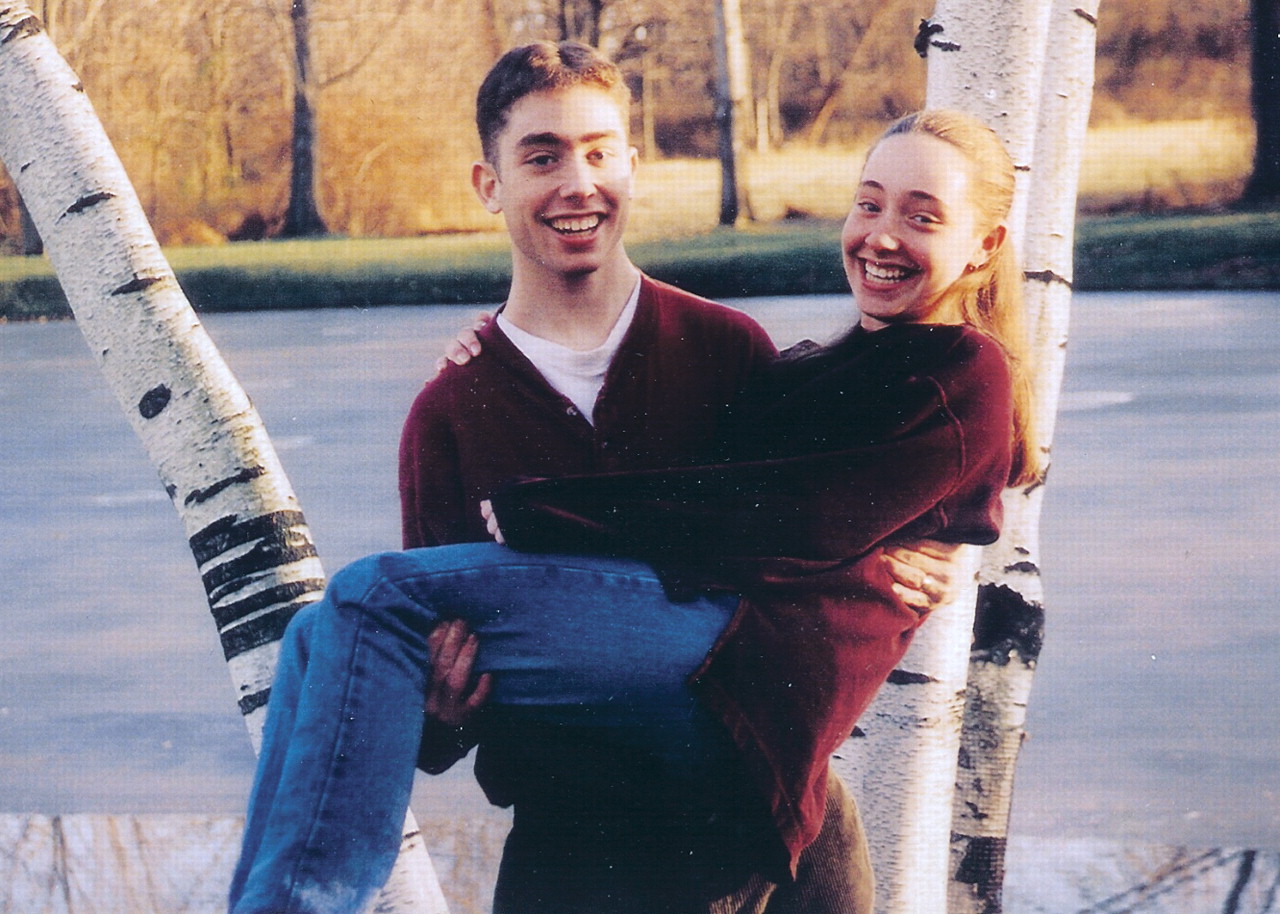Campus Group Opens Minds About Mental Illness
Brian Malmon committed suicide in March 2000 after graduating from Columbia University. His death prompted his sister, Alison, a freshman at the University of Pennsylvania at the time of her brother's death, to found Open Minds, a student-run organization dedicated to raising campus awareness of mental health and mental illness (Psychiatric News, September 19, 2003).
Today the organization, now known as Active Minds, has chapters on 24 college campuses around the country. APA's Task Force on College Mental Health sent member psychiatrist Richard Kadison, M.D., to speak at Active Minds' Third Annual Mental Health on Campus Conference, which was held last month at Duke University in Durham, N.C.
Kadison, who is the author of College of the Overwhelmed (Jossey Bass-Wiley, 2004), told Psychiatric News that mental illness problems on college campuses are growing—in part because many more students are taking medication for mental illness—and that there is a dearth of psychiatric input at colleges around the country.
“Student groups can play a key role in reducing stigma on campus, and Active Minds is one of the more visible ones,” Kadison said.“ There is a lot of groups forming on different campuses and we really want to support students being able to advocate for their own health needs. I believe that student involvement and engagement in the process of reducing stigma is essential.”

Brian Malmon and his sister, Alison, pose for a photo in 1998. Brian committed suicide two years later, soon after he graduated from Columbia University.
Courtesy of Alison Malmon
Kadison is chief of mental health services at Harvard University Health Service.
Task force chair David Fassler, M.D., called Active Minds an innovative grassroots organization and said APA was looking forward to productive collaboration with the group.
“With established chapters on 24 college campuses, they are providing information and support for thousands of students,” Fassler said.“ They are having a significant impact on the recognition, understanding, and acceptance of mental illness in these settings. They are also advocating for improved access to psychiatric services for college students.”
Fassler said support of Active Minds is just one of a number of activities being undertaken by the Task Force on College Mental Health, formed last year by then- APA President Michelle Riba, M.D. Fassler told Psychiatric News that the task force is producing a fact sheet for distribution to students and colleges about the immediate and longer-term emotional consequences of hurricanes Katrina and Rita.
Information on college mental health is posted on APA's“ Healthy Minds, Healthy Lives” Web site at<www.healthyminds.org/collegementalhealth.cfm>.▪



